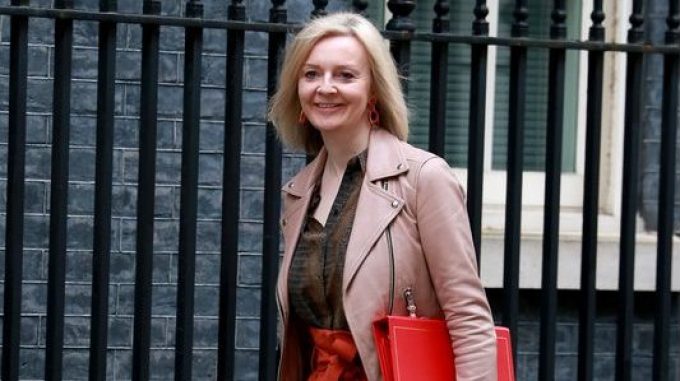Analysis: Felixstowe, London Gateway, MSC & Gemini – musical chairs in UK ports
MSC’s beady eye on Felixstowe?

UK port associations are seeking clarification over claims that domestic shippers could miss out on the benefits of the recently announced freeport developments due to small print in post-Brexit trade deals.
News broke this morning that secretary of state for international trade Liz Truss reportedly signed 23 ’rollover deals’ with countries including Canada, Norway and Singapore containing clauses which could stop manufacturers benefiting from freeport tax breaks.
In a letter to Ms Truss, shadow secretary of state Emily Thornberry expressed “deep concern” that ...
Volcanic disruption at Anchorage could hit transpacific airfreight operations
Macron calls for ‘suspension’ – CMA CGM's $20bn US investment in doubt
De minimis exemption on shipments from China to the US will end in May
Forwarders stay cool as US 'liberation day' tariffs threaten 'global trade war'
Trump tariffs see hundreds of cancelled container bookings a day from Asia
Mixed response in US to 'Liberation Day', while China leads wave of retaliation
Tariffs and de minimis set air freight rates on a volatile course

Comment on this article